After watching the video, engage the following information:
We have tried to emphasis that religious doubt is normal, and you should feel comfortable discussing it with others. You may be having trouble discussing them with yourself, i.e., you may not want to really acknowledge they are there. Why is this? If you think that having religious doubt is a sign of weakness, you will avoid admitting it even to yourself.
Do this exercise:
To the best of your ability, write out the very specific nature of your religious doubt, what caused it to start, and how it makes you feel.
A point of emphasis:
Doubt is normal, and we should not only understand this to be true, we should patiently listen to them.
Timothy Keller , in his book The Reason for God , states: "Faith without some doubts is like a human body without any antibodies in it" (p. xvii).
C.S. Lewis , an ardent atheist who accepted Christ, confessed that he doubted his faith after becoming Christian. He also states that, as an atheist, he also doubted his position and had many times when he thought the Christian faith was “terribly probable" ( Mere Christianity, 123-124 ).
In other words, all people doubt the framework by which they live in and view the world (reality). Agreeing with Habermas, we doubt because we are human beings who share a sin nature, and it is this state of our sinful human nature from which questioning existence arises ( The Thomas Factor, 23 ).
Reflect:
Take a few minutes and think about what we discussed in the video and the material in this section. Write down a few sentences in relation to how this has helped you better understand your own religious doubt.
